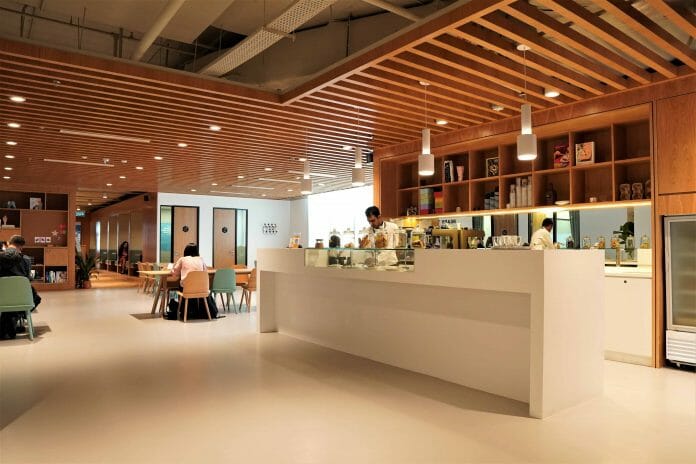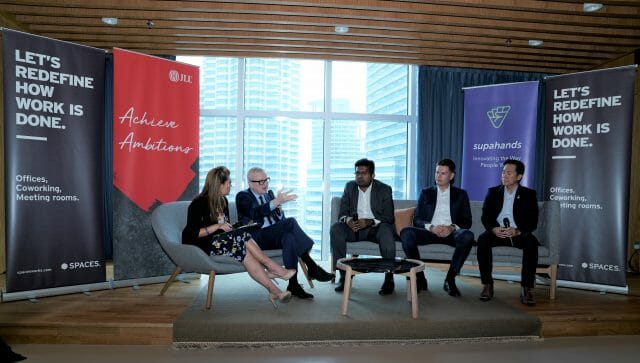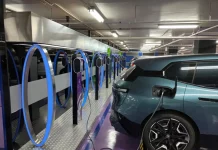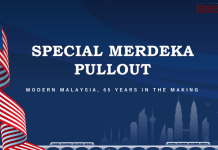The global shift towards flexible working, compels businesses to adopt flexible working models to avoid the risk of lagging behind in the future of work culture. Utilising remote work and flexible schedules helps in engaging and retaining talent while improving employee productivity and ultimately, lead to business growth.
According to the Global Workspace Survey 2019 by IWG, companies offering flexible working policies are deal breakers in the war for talent, and over three quarter of businesses surveyed reported that companies in their sector are using flexible working to help attract and retain employees.
During a panel discussion at Spaces Menara Prestige, several industry leaders share their insights on the benefits and effects of flexible working.
Lars Wittig, IWG Sales Vice President for ASEAN and South Korea said, “There is no one-size fit all model to accommodate the way we work. People and businesses want a say in where and how they work, and that is exactly what flexible working is about: choice. The reason why flexible working and flexible workspaces are so intrinsically linked is because flexible workspaces give businesses the option to move between various locations, adapt the size of their workspace according to business growth, and save on lease costs, thereby reducing capital expenditure and operations cost.”
Vijayakumar Tangarasan, Country Head of IWG Malaysia, Indonesia and Brunei said, “In some countries like the Netherlands, flexible working is so ingrained in their culture that it is part of their legislation. Closer to home, we also see a rise in the demand for flexible working arrangements among Malaysian employers and employees alike.”
Flexible workspace supply grew by 36 percent, making Kuala Lumpur the fastest growing key city in the APAC region, according to JLL Asia-Pacific Research.
The growth is not only seen in Kuala Lumpur, but also other major cities across Southeast Asia. Businesses are adapting to flexible working models to stay relevant and to meet the needs of a new generation of workers. It is essential for flexible workspace providers to cater to companies wanting to provide their employees a good working environment that fosters creativity and a sense of community.
Mark Koh, CEO and Co-Founder of Supahands said, “We live in a supercharged world where technology enables us to look beyond the confines of location and re-examine the traditional models of work. Our business is powered by 11,000 ‘SupaAgents’, whom are our curated, remote workforce that enables us to grow our business very quickly across the world. This successful experience we’ve had with remote contract workers spread throughout Southeast Asia proves flexible working arrangements can help Malaysian businesses grow sustainably and compete on a global scale. The elements of flexible working allow businesses to save on operating and capital expenditures, and invite a wider pool of talents from different backgrounds that contribute to creating a more diverse and inclusive workspace.”
Spaces Menara Prestige spans three floors across 4,989 square metres and furnished with meeting rooms and business lounges, as well as an on-site café deli by Brew by Coolcats for casual catch-ups over freshly-brewed coffee. This workplace environment provides a vibrant and inspirational workspace for those living in the epicentre of Kuala Lumpur’s business and tourist district. Surrounded by some of the world’s top MNCs headquartered in KL, Spaces Menara Prestige is a prime location for businesses of all sizes and from all walks of life to connect, collaborate and create in an inspiring workplace environment.










